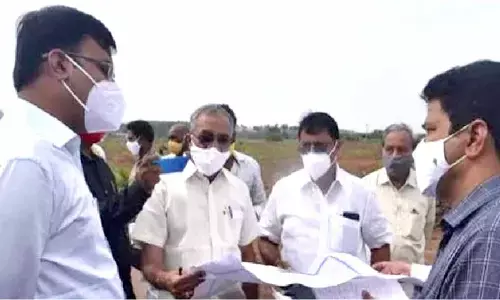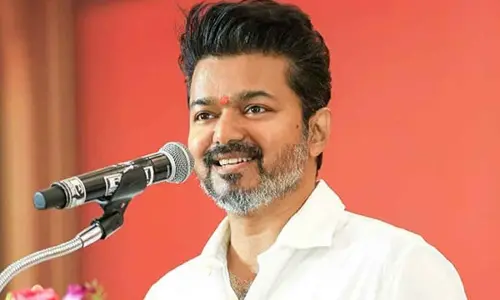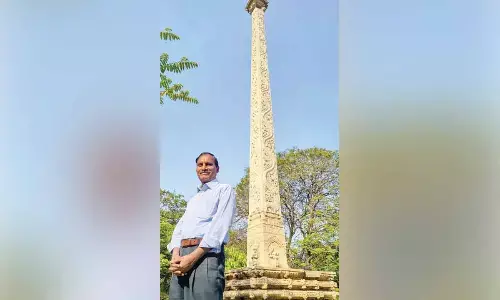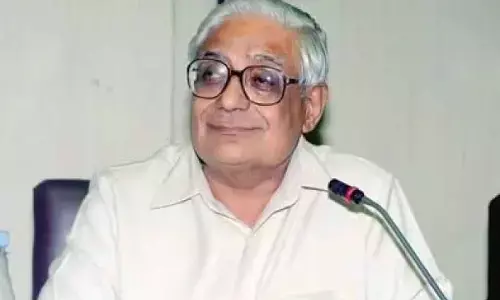When Bachchan pipped Dev for the Zanjeer role...
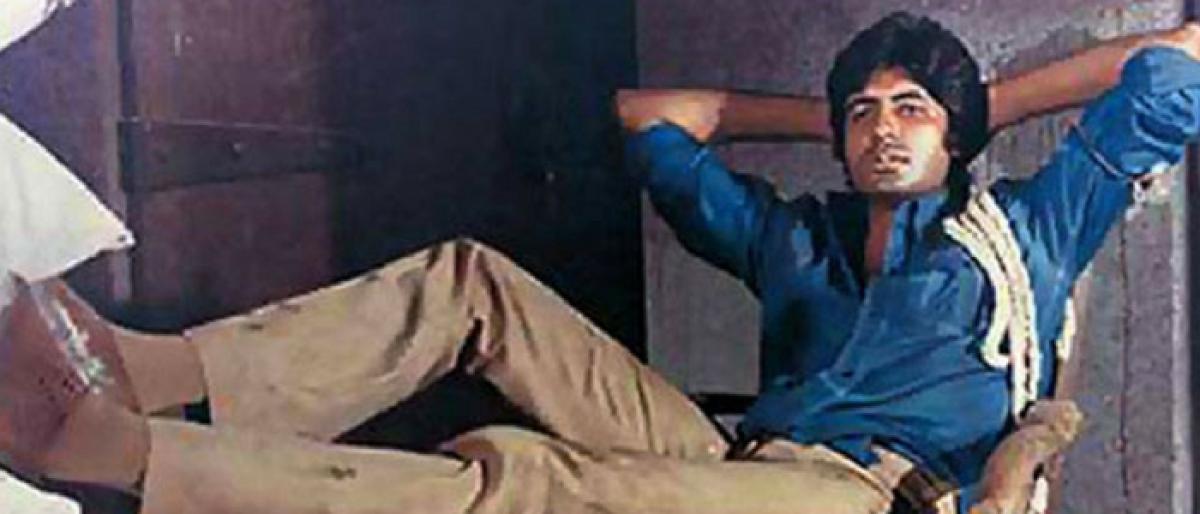
Presumably, the fountain of inspiration for the lyricists of the era gone by never seemed to run dry. Or else, how does one explain the famed lyricist Asad Bhopali (1921-1990) who started in 1949 as a wordsmith and went to write till the 1989 hit ‘Maine PyarKiya’, whose songs are still heard a good three decades later.
Presumably, the fountain of inspiration for the lyricists of the era gone by never seemed to run dry. Or else, how does one explain the famed lyricist Asad Bhopali (1921-1990) who started in 1949 as a wordsmith and went to write till the 1989 hit ‘Maine PyarKiya’, whose songs are still heard a good three decades later.
Despite titans like Majrooh, Sahir Ludhianvi, Jan Nisar Akhtar and Rajendra Krishan hovering above him, Bhopali managed to come up with gems once in a while, which were put to music by a famous lot of music directors like Ravi, Laxmikant-Pyarelal, Usha Khanna, etc. The 68-year-old was born on July 10, nearly a century ago.
Bimal Roy, the iconic director, (1909-1966) of course needs no introduction for Hindi film watchers. Having produced and directed around 30 films in a span of two decades from 1943-1963, Roy’s films are cult classics. Reflecting the life and times of India at that period, his movies were a mirror to the socio-political status of the nation with its sharp disparities.
He also packed in historicals in his body of work (Yahudi) but is immortal because of his films like ‘Devdas’ and ‘Madhumati’ whose recollection still brings a sigh of longing in the middle-aged hearts till date. The songs of Mukesh and Talat Mehmood from his films would never go out of circulation for sure. This legendary figure’s birth anniversary fell on July 12.
Amitabh Bachchan would have faded away into oblivion if Prakash Mehra (1939-2009)had not stuck to his decision and cast him in the role of Inspector Vijay in the 1973 film ‘Zanjeer’ instead of Dev Anand, who was in the reckoning. By then, Bachchan was reeling under six flops in a row and was low on confidence and box office appeal. After a tepid start, the film picked up and backed by able histrionic support from Pran, the new character artiste and the famed Ajit as a villain, ‘Zanjeer’ stormed the box office.
From here on, there was no looking back for AB, who was later deified as a ‘one-man industry’, setting new records in the process at the cash counters. Prakash Mehra came up with a string of hits, a few of them multi-starrers with Bachchan and Vinod Khanna sharing screen space. The 1978 ‘Muqaddar Ka Sikandar’ is one that comes to mind immediately. The 1984 release ‘Sharabi’ was the last major film that Prakash Mehra is known for. His birthday fell on July 13.
Combating many popular tunesmiths who were his contemporaries and rivals, yet striking a unique, unrivalled path, music director Madan Mohan Kohli (1925-1975) worked through the ‘50s to the late ‘70s. Associated with seniors like Sachin Dev Burman, this ex-Army man who served it till the end of World War II, was known as the ‘King of Ghazals’ with his fruitful association with lyricist Raja Mehdi Ali Khan and the mellifluous voice of Lata Mangeshkar, who revered him for his unique skill.
His birthday was on July 14. Listening to his composition sung by the senior Mangeshkar “Aapki Nazron Ne Samjha” would stand as an effective example.



